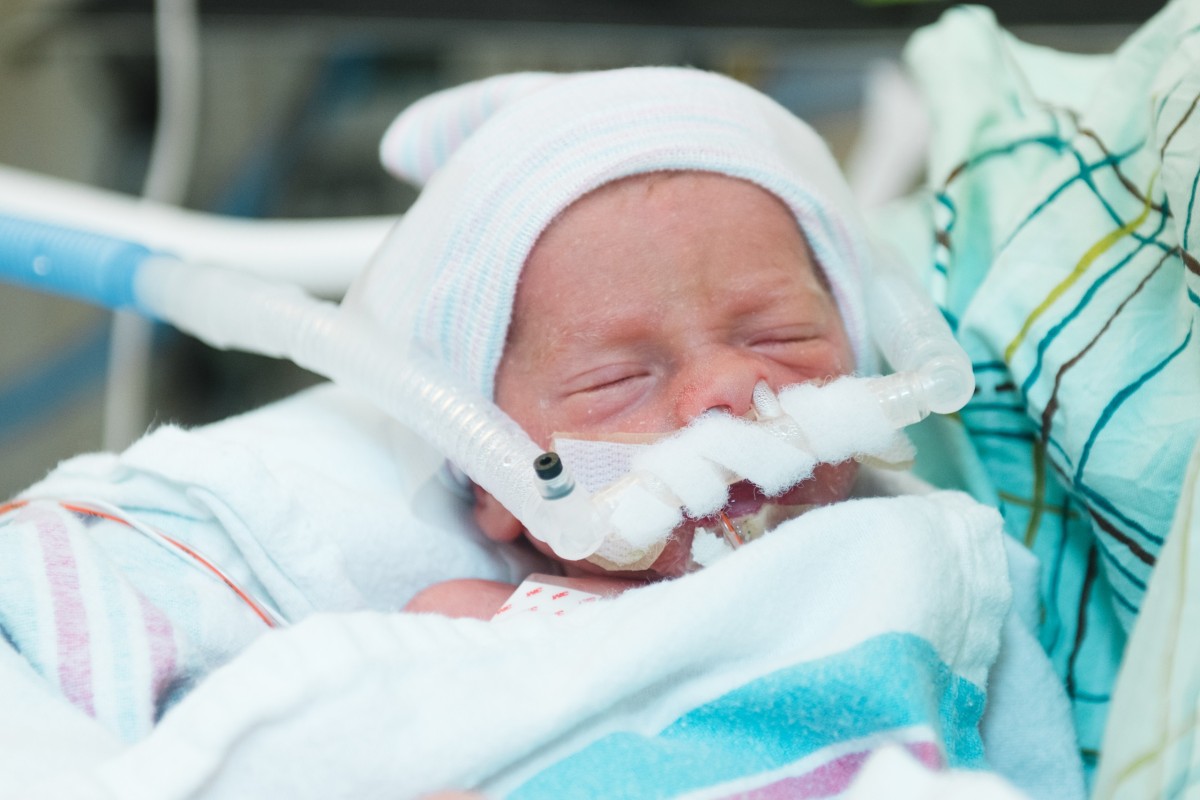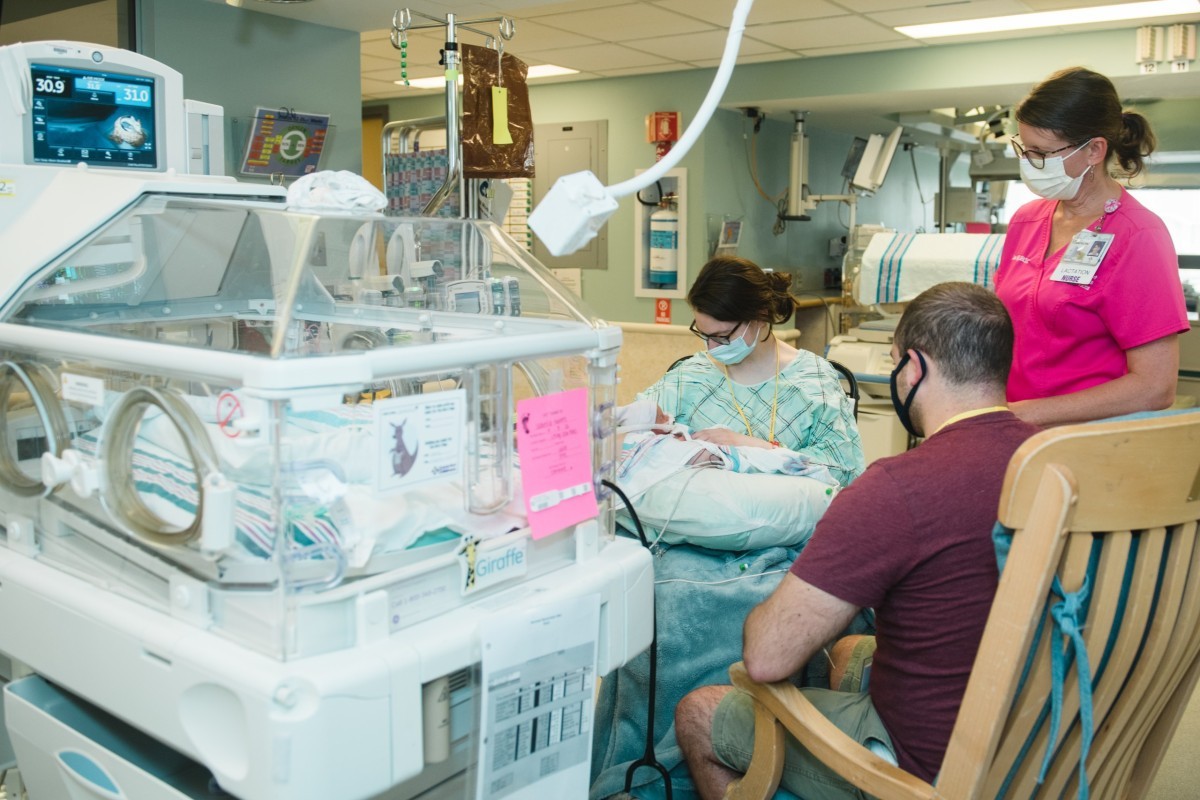This article was originally published in September 2022 and last updated in January 2024.
All newborn babies need special attention in the first few days of life to make sure they are healthy, but some need more care and monitoring, especially if they’re born early or with certain medical problems. That’s why many hospitals have specialized nurseries or neonatal intensive care units (NICUs).
Not all NICUs are the same. There are four main NICU levels that offer simple to complex newborn care depending on the baby's needs. Connecticut Children’s and our Care Alliance partners follow the guidelines from the American Academy of Pediatrics.
Connecticut Children’s Dr. Annmarie Golioto explains the difference between these four levels of newborn hospital care and what families can expect.



